Home >> What We Do
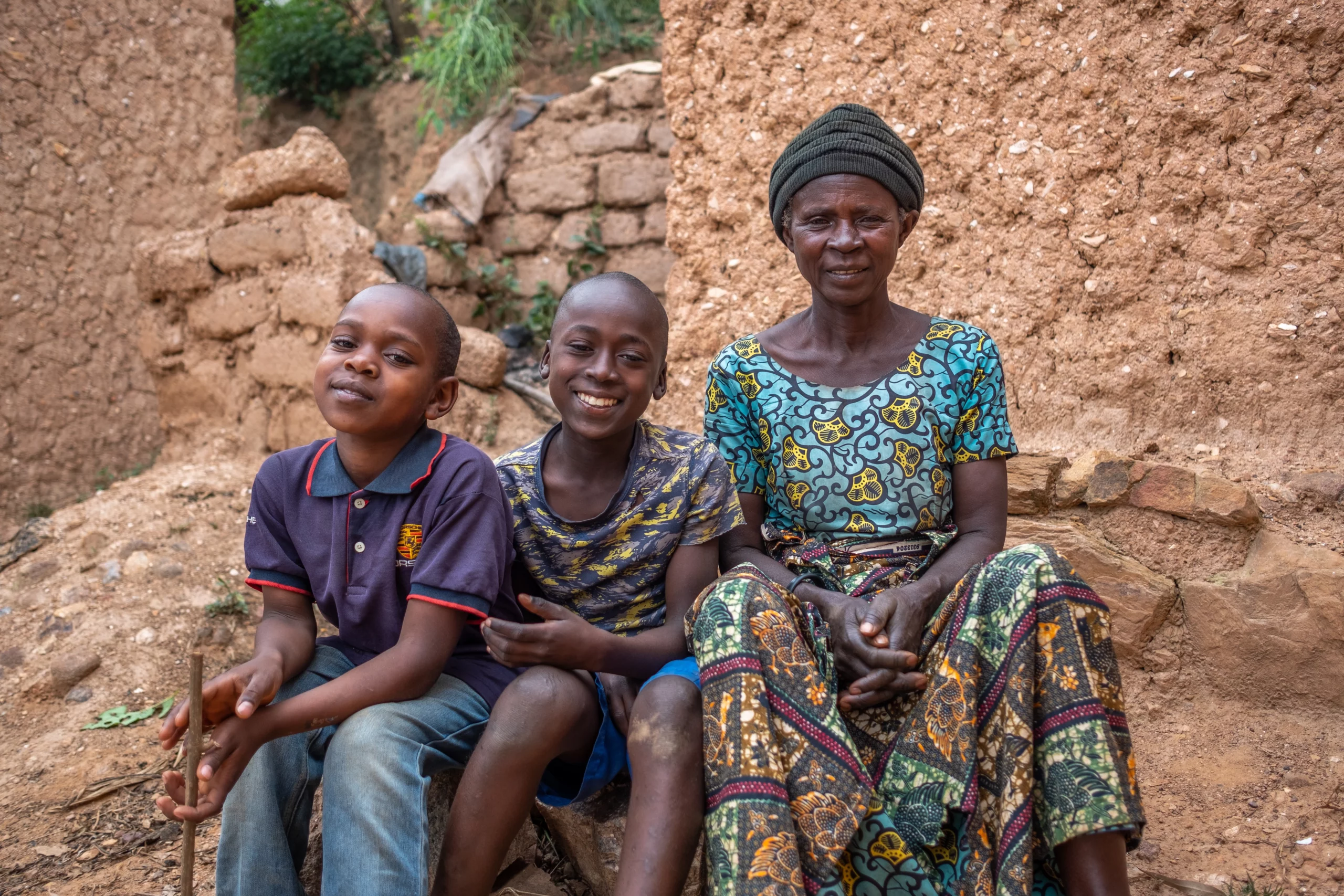
We support vulnerable families to stay together and build resilience. Our approach is the Active Family Support model, which is a holistic, family-focused method. This approach involves working individually with each targeted family and each family member, providing support across five well-being domains: living conditions, family and social relationships, education, health, and household economy. This is done following a comprehensive family assessment to address their needs while building on the existing strengths of these families.
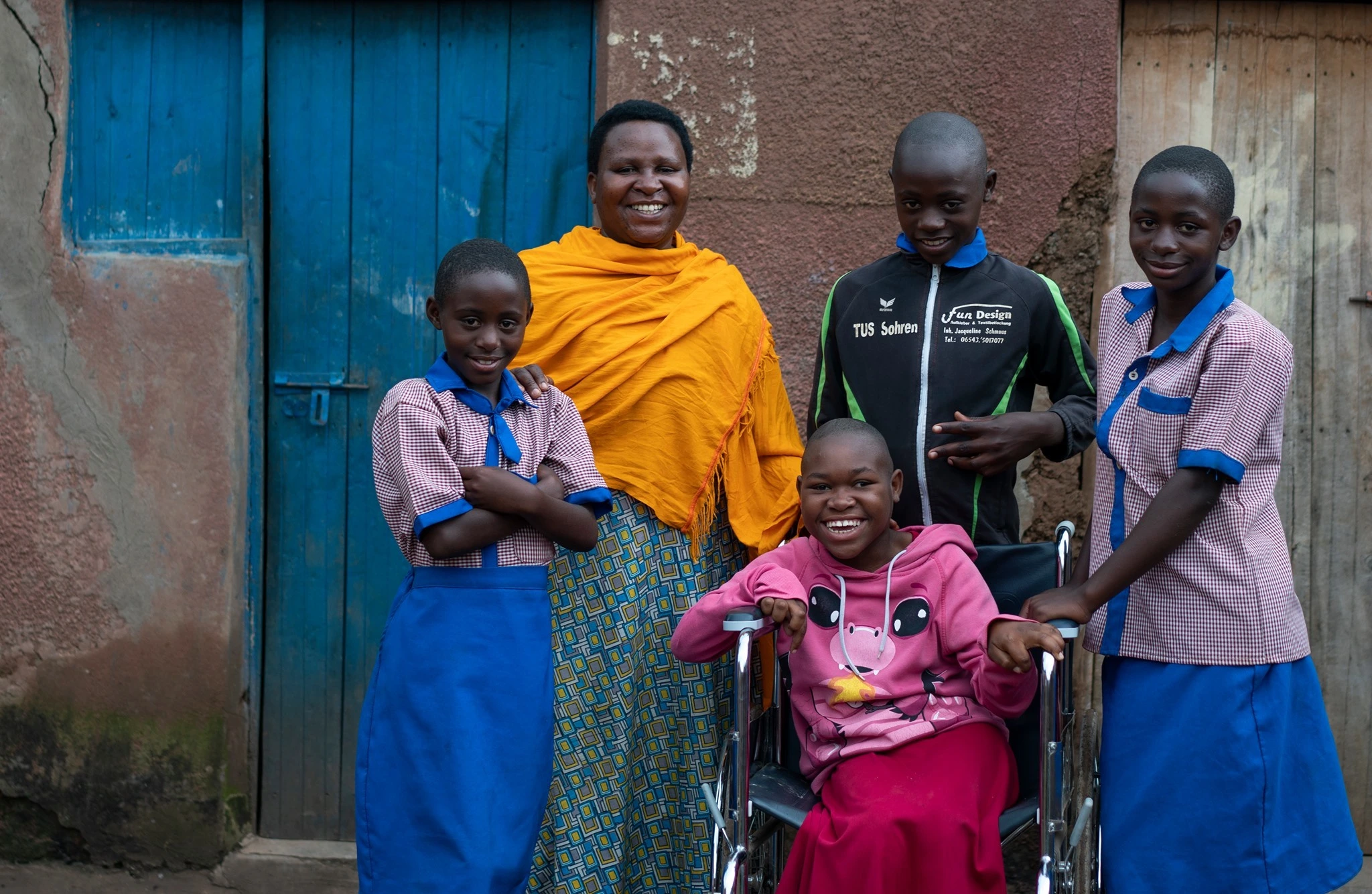
Hope and Homes for Children is an organization dedicated to ensuring that every child experiences the warmth and love of a family environment. We support children without parental care in regaining this right by developing alternative family care options for those for whom preventing separation or reintegration is not possible or recommendable. Family-based alternative care involves formal arrangements where a child is cared for in the child's best interest within a family setting. Our primary focus is on keeping children with their biological families whenever possible. However, when this isn't achievable, Hope and Homes for Children has contributed to the development of other family-based options, including kinship care, foster care (which has proven to be the most effective service for ending society's reliance on institutions for abandoned children), guardianship, and adoption.
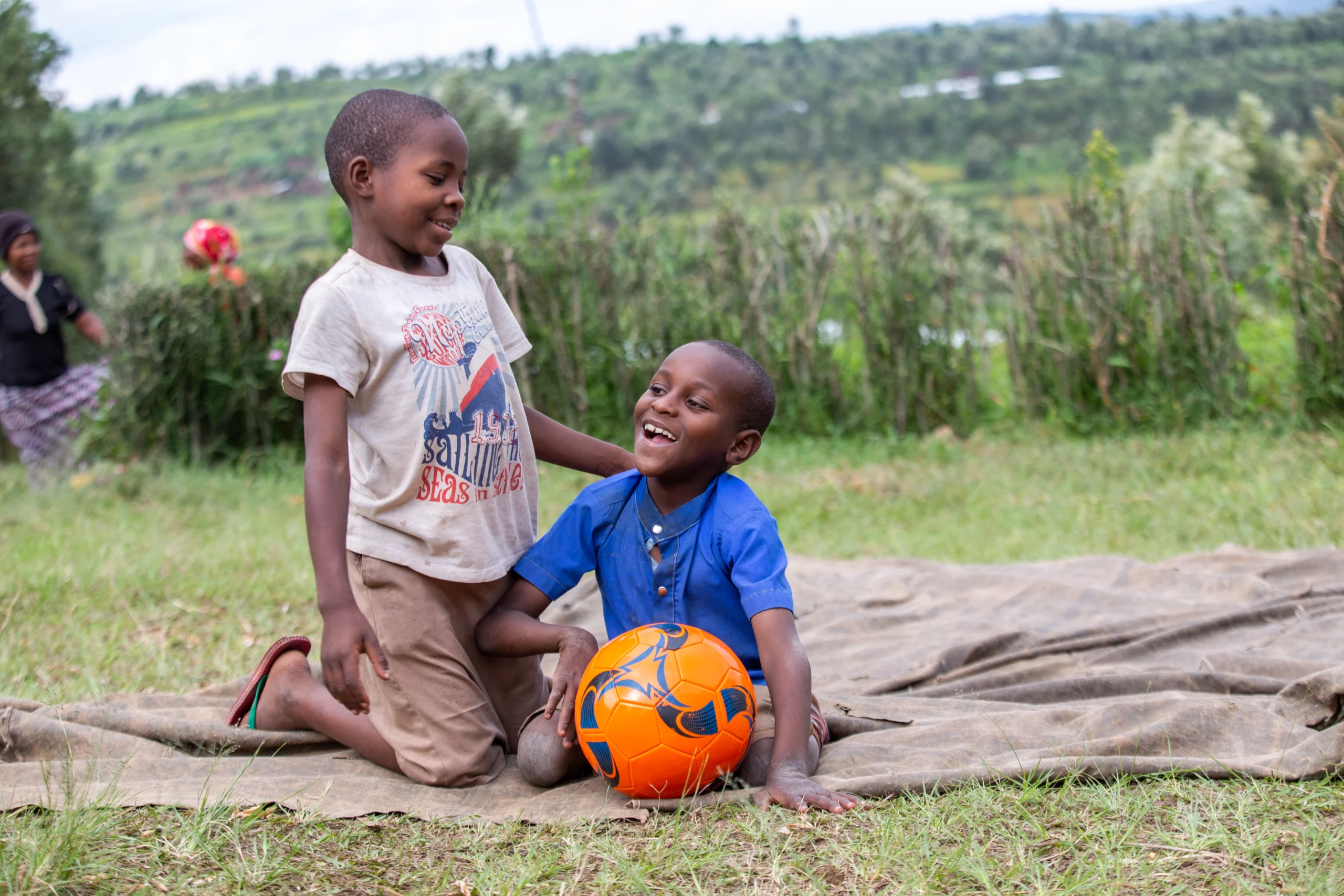
The process of closing orphanages results from the gradual placement of individual children into families. This process for each child is guided by a rigorous case management led by dedicated and skilled social workers and psychologists. It involves several key steps, including individual child assessment, care planning, family tracing, child and family preparation, placement, post-placement, and graduation. The resources previously used for orphanages are redirected to transition from residential to daycare services, with a focus on enhancing the well-being of children, including those with disabilities, and their families.
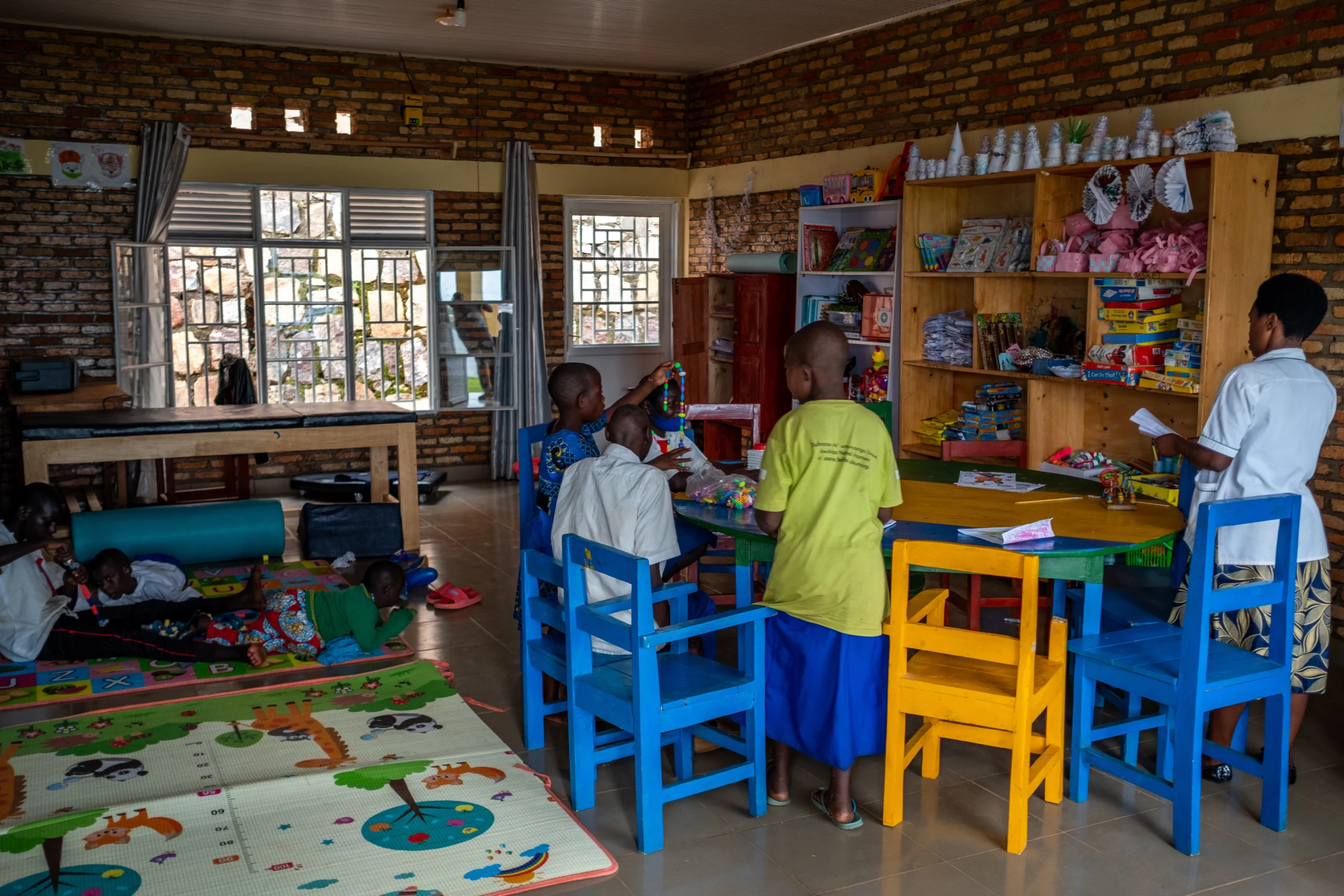
Community hubs are child-friendly, community-based resource centers designed to provide services and empower children, parents, and communities. These centers offer a range of diversified services, including early childhood development, educational support for youth and adult literacy, nutrition, reproductive health, counseling, occupational therapy, special needs sessions, physiotherapy, community-based groups, clubs, and peer support groups. Community hubs are aimed at supporting vulnerable children and families, especially those at risk of separation. This model was honored with the Larissa Award from the African Child Policy Forum for its outstanding initiatives in promoting the well-being of children.
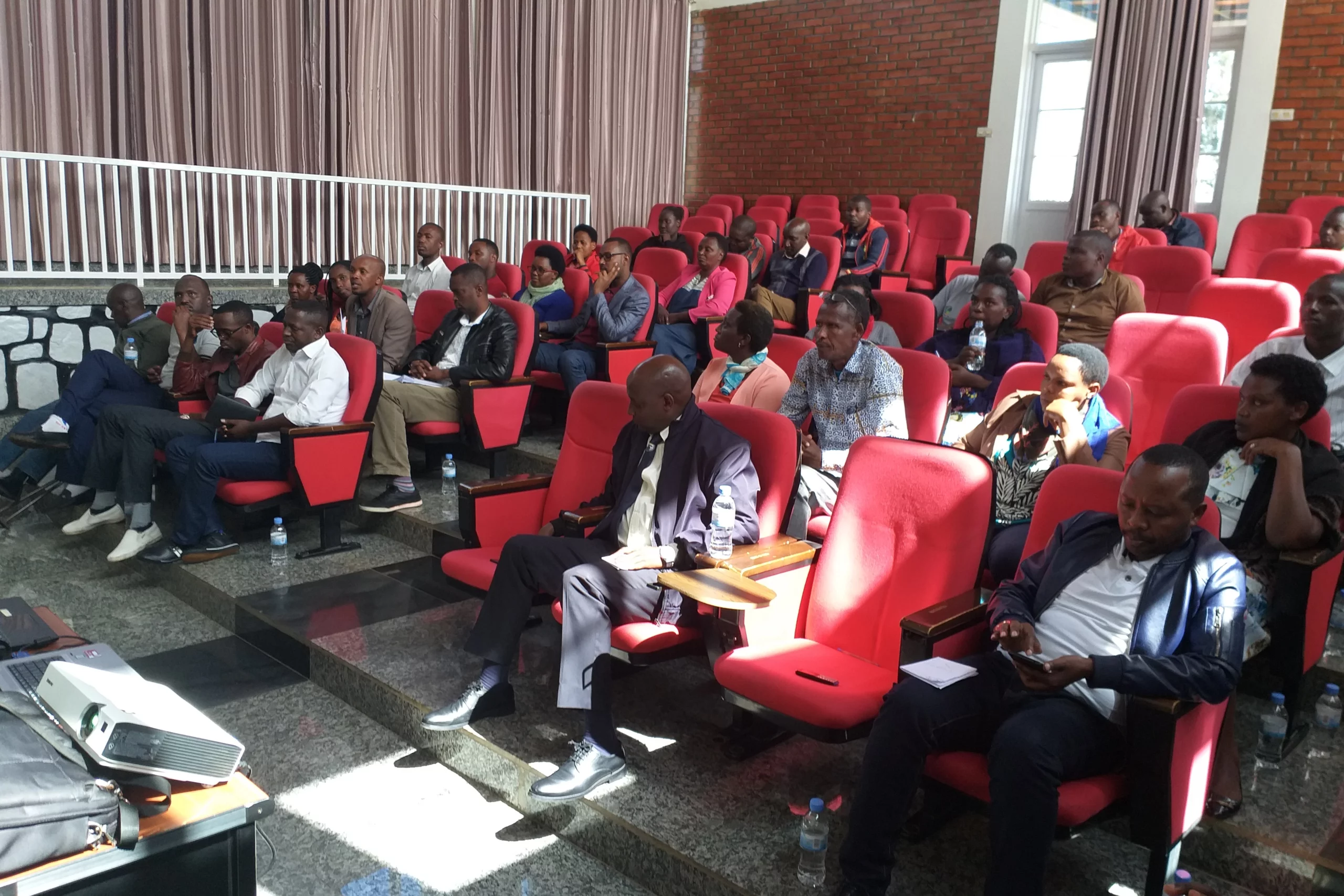
Hope and Homes for Children Rwanda helped establish Community Development Networks (CDN) to enhance the capacity of existing child protection structures. CDN serves as a platform for local leaders, civil society organizations, NGOs, school representatives, hospital and health centers, police, army, NCD Agency, NCPD, RIB, churches, and other organizations involved in child protection at the district and sector level. This forum promotes a better coordination among all service providers to effectively protect children from abandonment, neglect, exploitation, abuse, and other child protection issues. In response to the government's request, CDN is being expanded across the country.
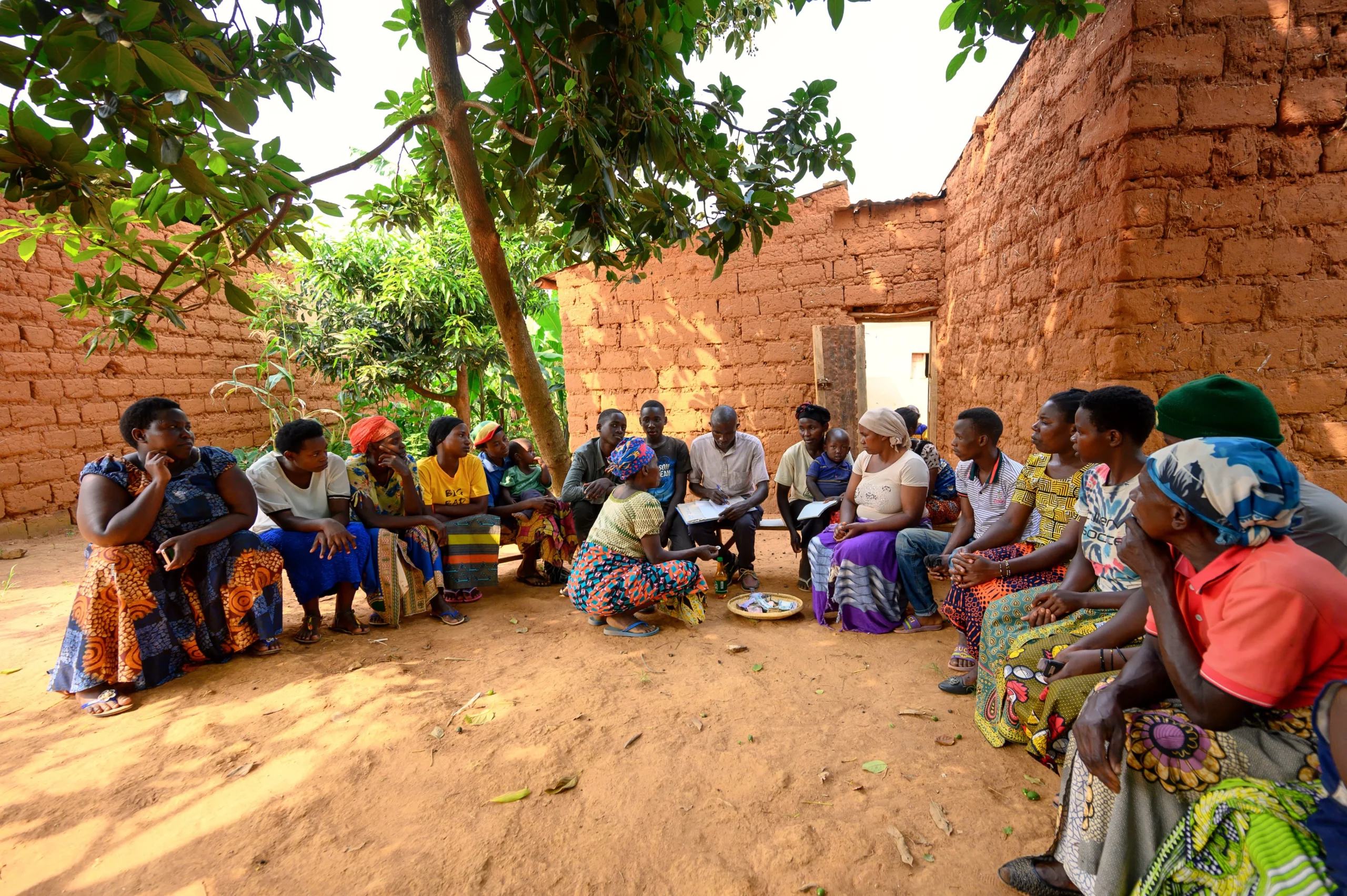
Community-based groups play a vital role in fostering social cohesion, mutual support, and collective action among community members to address the challenges faced by individual families and the community as a whole. Trained community volunteers are instrumental in creating and overseeing the progress and functionality of these groups. It truly takes an entire village to raise a child. In the context of Hope and Homes for Children, community-based groups have played a significant role in keeping families together and ensuring that children can remain within their communities. Hope and Homes for Children provide capacity-building training to Community Volunteers who establish disability-inclusive groups at the village level. These groups include a variety of purposes, such as playgroups, income-generating activity groups, nutrition groups, peer support groups, and farmer field school groups. Community volunteers play a crucial role in creating and managing these groups.
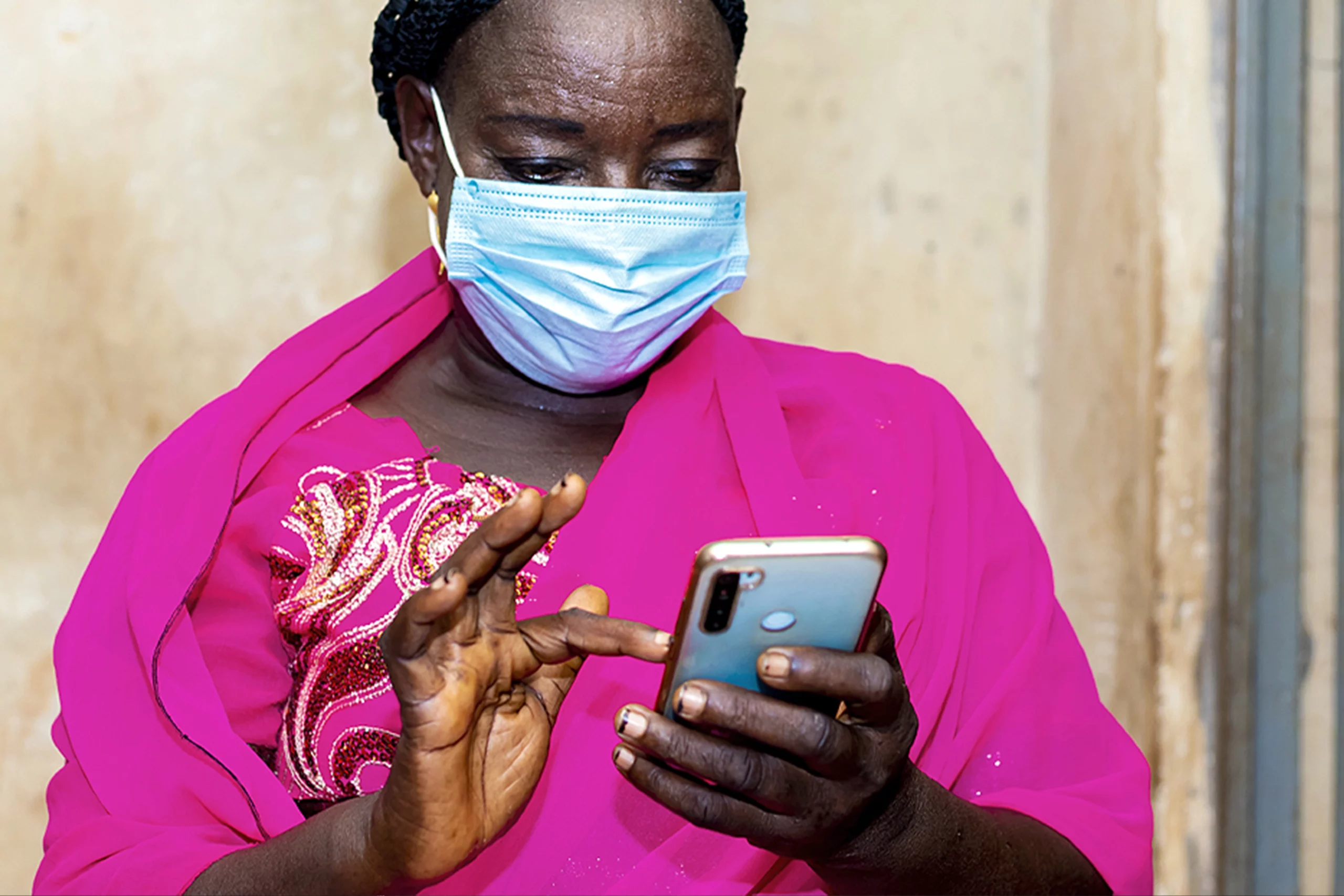
SMS Technology is a digital platform used to advocate for and inform local leaders about the concerns and challenges faced by persons with disabilities. This technology plays a crucial role in identifying hard-to-reach individuals with disabilities, including those who may be hidden or confined to their homes, and referring them to the appropriate services at the district or national level. This ensures that no one is left behind and helps create a centralized database of the needs of persons with disabilities, which can inform future interventions. SMS Technology received the First Place Award in the INNOVATE 4 Disability Inclusion Hackathon by the Rwanda Information Society Authority, recognizing our SMS Technology model as an effective and efficient tool for early identification, support, and reporting of issues related to persons with disabilities. It was initially piloted in three districts: Kicukiro, Gatsibo, and Kamonyi Districts. There has been a growing need to expand the implementation of SMS Technology, expressed through various avenues.
Subscribe to our emails for info, inspiration and impact.